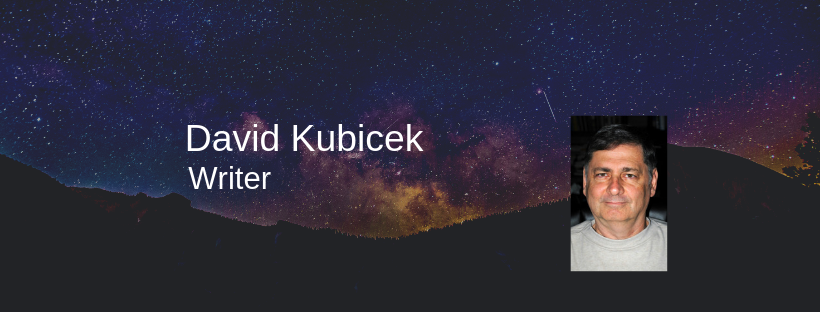
by David Kubicek
Recently I saw a meme on Facebook that said: “A good library has something in it to offend everyone.” That is why (I believe) Banned Books Week was started–to celebrate those books that have offended certain groups of people throughout the years. Celebrate Banned Books Week 2021, which runs from September 26 through October 2, by reading a banned or challenged book. If you don’t know of any, here’s the American Library Association’s (ALA) list of the most banned and challenge books from 2010 to 2019 [fun fact: The Holy Bible is on this list].
There are lots of great books on this list (Looking for Alaska) and some not so great, or even good, ones (Fifty Shades of Grey). But many of them are “must reads” because they shine a light on ugly periods of our past or present and encourage us or warn us to do better (The Adventures of Huckleberry Finn, Anne Frank: Diary of a Young Girl, 1984, The Handmaid’s Tale). You may notice that some of the books in my montage above aren’t on the ALA’s list, but I assure you that all of them were banned or challenged at one time or another.
Being the decadent reprobate that I am, I’ve read many of the books that have at various times in our country’s history been challenged or banned. I even had my own brush, as an author, with a challenged book. Actually, I was the ghost writer (hired by the publisher), but it has been over 30 years so I doubt that the world will end if I reveal this secret now. The book was A Need To Kill, authored by Mark Pettit, who was a reporter for a local TV station and the only journalist (at least at that time) to have interviewed the serial child killer John Joubert (the subject of the book) in prison. The main problem with Mark’s manuscript was that he wrote it the same way he wrote news stories to be delivered in 30 seconds–just the facts. I added color and beefed up his original manuscript, even doing some of my own research (for instance, I researched the weather at the time of the murders so I could evoke the setting). Mark even gave me a shoutout in the introduction.
Some local group got upset and challenged A Need To Kill. I don’t know if that helped sales, but the first hardcover printing by Lincoln, Nebraska-based Media Publishing sold out in three days and Ballantine snapped up the paperback rights, publishing a mass market paperback edition later that year.
Challenging or banning books always creates interest and sells copies–something the book banners of the world never seem to understand. Someday I hope to have one of my own books, published under my own name, challenged or banned. For any of you writers out there, I hope you have the same luck.
But do celebrate Banned Books Week, which comes around every year in the last week of September, and celebrate the authors. You know you must have touched a nerve when certain people want to prevent others from reading what you have written.
For more information about David Kubicek’s books click here.

 When writing fiction you may sometimes you can break the rules of grammar, but first you must learn the rules. It is a process I call writing by ear.
When writing fiction you may sometimes you can break the rules of grammar, but first you must learn the rules. It is a process I call writing by ear.